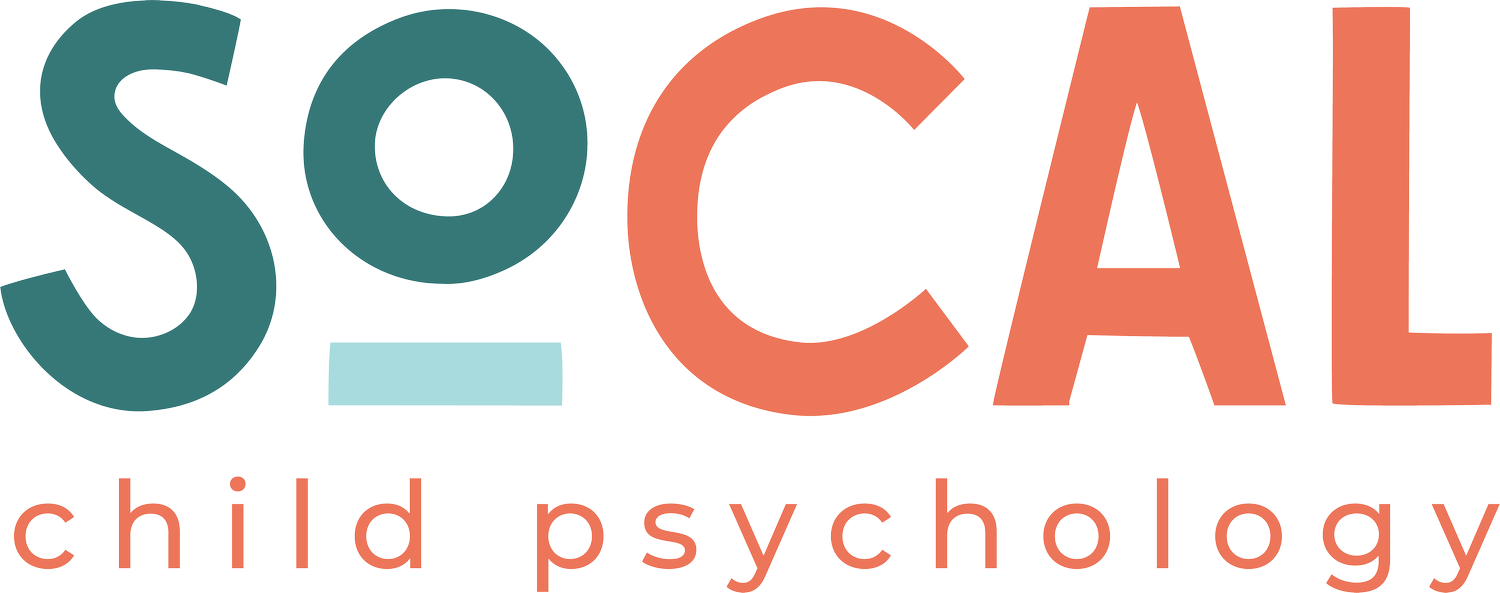How Occupational Therapists Help Kids With ADHD
A blog post by Roxanne Chess
If you’re reading this, you’re likely interested in your child reaching their full potential. You may have children with ADD, ADHD, and/or other learning differences or help kids with those differences. Psychology and occupational therapy come to the table with complementary perspectives and methods to help kids with these differences.
Occupational therapy is aimed at improving a person’s function and successful participation in life’s “occupations” or activities. For children this includes everything from play and social skills to playing sports and tying their shoes.
But when we’re talking about supporting children and adolescents with ADHD, or other learning differences the OT will likely have a particular tact. A major difference between the OT versus psych approach, is that the OT should be very focused on modulation of arousal. Modulation of arousal, or self-regulation, refers to control of the neuronal activity that dictates an individual’s state of alertness.
Modulation of arousal includes everything from our sleep/wake cycles to how we engage socially and academically. Modulation simply means regulating our alertness up or down relative to context demands. Arousal refers to alertness (like a bouncy Tigger versus a slow Eeyore). It includes the ability for one’s brain and body to match context demands; calm yet attentive in class but active and even boisterous on the playground. Shifting between these states of arousal and maintaining an appropriate state of arousal can be difficult for many children, particularly for kids with ADHD.
Here are some ways an OT can help kids with ADHD:
Conducting an evaluation to understand your child’s sensory systems, self-regulation, and specific areas for growth
Strategies to help your child achieve and maintain self-regulation at home and at school
Working with your child’s therapist or psychologist to coordinate care
So, your OT and psychologist will work as a team to help your child achieve goals in these areas as well. In order to achieve higher-level social, academic, and executive function skills, a child’s arousal level must first be addressed. Stay tuned for future posts with tips and strategies to help your child or clients attain self-regulation via modulation of arousal.
Learn more from Roxanne Chess:


